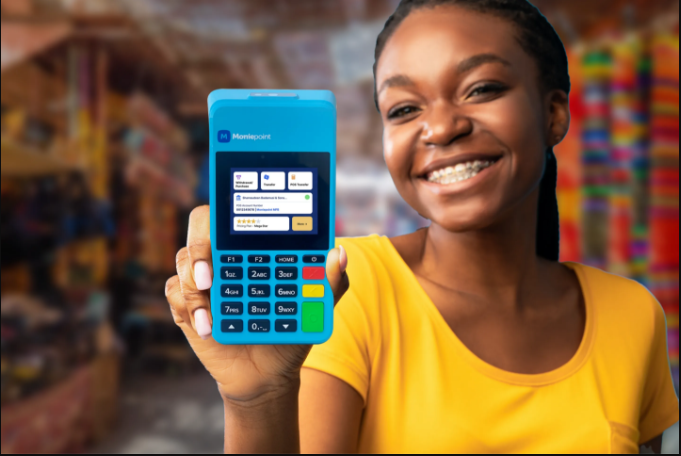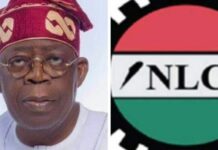Nigeria is a country filled with hard-working individuals and business enthusiasts. Its economy thrives significantly due to the contributions of micro, small, and medium enterprises (MSMEs). These small businesses are the backbone of the economy, accounting for a substantial portion of the nation’s wealth.
Here are some important figures: MSMEs contribute 50% to Nigeria’s Gross Domestic Product (GDP) and create around 60 million jobs. These businesses are also a key market for many new companies that have raised funds in the past ten years.

Despite the importance of MSMEs, there are many unanswered questions about them. How much money do these businesses actually make? How profitable are they? What are the chances of these businesses surviving beyond five years? How much do they contribute in taxes and other fees?
To provide some clarity, consider these statistics: Only 1.3% of small businesses earn more than ₦2.5 million in monthly profits, while a large majority, 79%, earn less than ₦250,000 in monthly profits. These insights come from Moniepoint’s Informal Economy Report 2024, which was launched in Abuja. The report was created in collaboration with the Small and Medium Enterprise Development Agency (SMEDAN) and the Ministry of Trade and Investment.
Tosin Eniolorunda, the CEO of Moniepoint, emphasized the importance of understanding the informal economy. He said, “By quantifying the informal economy’s impacts and nuances, we can better shape policies and programs to empower and uplift the entrepreneurs driving it forward.”
Moniepoint, a financial technology company, processed over 5 billion transactions in 2023. This positions the company well to gather and analyze data on Nigeria’s informal economy. They have built a robust banking business by reaching millions of Nigerians in the informal sector. The fintech firm collected data from over 2 million businesses that joined their platform between 2019 and 2024, excluding information from their numerous agents spread across the country.
The report highlights significant trends in Nigeria’s informal economy. For instance, retail and general trade, along with the food and drinks sector, make up over half (53.6%) of Nigeria’s informal economy by transaction value in Naira.
Business owners in this segment face financial challenges. Nearly half of their income (48%) goes to daily family expenses. Another 20.1% is spent on food, while 29.7% is reinvested back into their businesses. These businesses include neighborhood shops, restaurants, and supermarkets that sell everyday items. This explains the recent surge in funding for B2B startups addressing distribution issues for these small businesses.
The informal economy in Nigeria is characterized by young businesses led by young people. Over half (58%) of informal sector workers are under 34 years old, and the businesses they work for are usually young as well. Eight out of ten informal businesses are less than five years old, indicating a high failure rate. This points to a lack of adequate tools and support to sustain these businesses.
Additionally, the report reveals that many people start businesses due to unemployment (51.6%) or because their current jobs don’t pay well (35.9%). The five-year mark is crucial for businesses, as it’s typically when owners consider starting a second business. Longevity in business is a key indicator of potential expansion.




